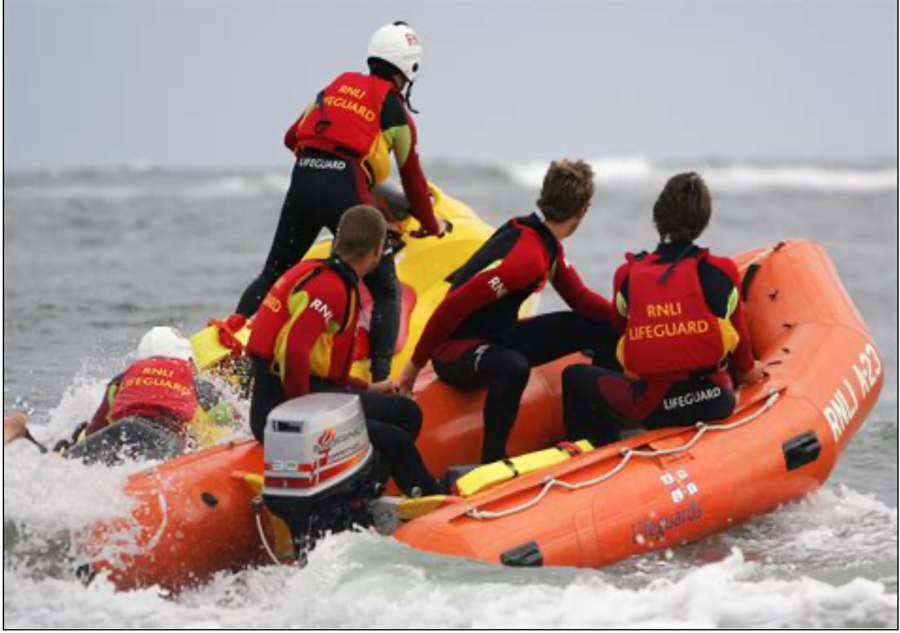National Lifeguard Shortage
Despite the fact that swimming is one of the most popular physical activities around, many public pools in both the U.S. and even worldwide have been facing a national lifeguard shortage that has caused some pools to close temporarily or even entirely shut down for the year.
Even though summer just ended, this issue is still prevalent throughout the world, or more specifically New York. According to information in the Gothamist, as of the beginning of the summer, the city had only hired 500 lifeguards – roughly half the number employed in previous years. This dramatic decrease can be attributed to the city’s handling of the shortage. During the pandemic, swimming lessons and lifeguard training were forced to shut down, placing a temporary hold on the number of lifeguards in circulation. But why was this “temporary” not as temporary as people were saying? The truth is that lifeguard training programs have always been flawed systems, but the pandemic was the thing that pushed those flaws over the edge. New York public pools have done everything from raising the pay of lifeguards to putting up signs that say “swim at your own risk,” but no method has fixed what the pandemic has run hopelessly into the ground.
Though prevalent in New York, this issue is one that has been prevalent worldwide. From California, all the way to England, city officials have been doing everything they can to try to address the current shortage. In San Diego, many public pools have already started to hire lifeguards for the summer of 2023. While it may seem absurd to start hiring this early, this mass shortage has shown just how necessary these employees are. Since 2017, the number of drowning deaths in San Diego has gone up to more than 35 deaths per year. The national lifeguard shortage has caused the city’s drowning deaths to go up to an all-time high, and there is no sign of it stagnating. Addressing the issue on the opposite side of the world, the city of Cambridge has just offered free lifeguard certification courses to anyone who is eligible to apply. This would not only cause more people to sign up but also allow teenagers to have first-hand experience in the safety field. By doing this Cambridge is setting an example for what the rest of the world should do in order to stop the current shortage once and for all.
The national lifeguard shortage is a grave problem that seems to be insignificant in comparison to other news of the world. For many people, local pools are a place to relax and enjoy oneself. In an age when many people are overwhelmed with stress, it would be painful to disable one more activity that brings communities together.











